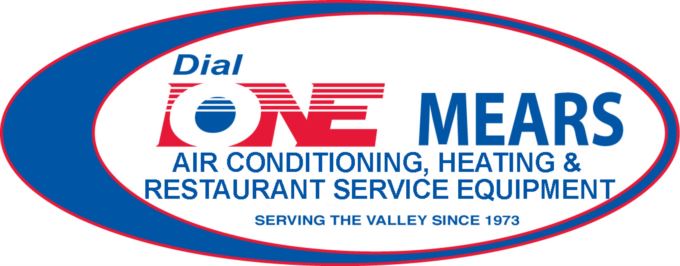
We spend a lot of time in our homes. As a matter of fact, the Environmental Protection Agency (EPA) has approximated being inside comprises 90% of our days. However, the EPA also has found your indoor air can be three to five times dirtier than outdoors.
That’s because our homes are tightly sealed to enhance energy efficiency. While this is great for your heating and cooling expenses, it’s not so good if you’re among the 40% of the population with respiratory allergies.
When outdoor ventilation is insufficient, pollutants such as dust and volatile organic compounds (VOCs) may get stuck. As a result, these pollutants might worsen your allergies.
You can enhance your indoor air quality with clean air and routine dusting and vacuuming. But if you’re still having issues with symptoms during the time you’re at home, an air purifier may be able to provide assistance.
While it can’t get rid of pollutants that have settled on your couch or carpet, it may help freshen the air traveling across your home.
And air purification has also been scientifically confirmed to help reduce some allergic symptoms, according to the American College of Allergy, Asthma and Immunology. It may also be useful if you or someone in your household has a lung condition, including emphysema or COPD.
There are two models, a portable air purifier or a whole-home air purifier. We’ll go over the differences so you can figure out what’s right for your home.
Whole-House Air Purifier vs. Portable Air Purifiers
A portable air purifier is for a lone room. A whole-house air purifier accompanies your HVAC unit to purify your entire home. Some models can work on their own when your home comfort unit isn’t on.
What’s the Best Air Purifier for Allergies?
Seek a model with a High Efficiency Particulate Air (HEPA) filter. HEPA filters are placed in hospitals and offer the most comprehensive filtration you can buy, as they catch 99.97% of particles in the air.
HEPA filters are even more powerful when installed with an ultraviolet (UV) germicidal light. This powerful combination can eliminate dust, dander, pollen and mold, all of which are standard allergens. For the ultimate in air purification, think over a unit that also has a carbon-based filter to eliminate household smells.
Avoid buying an air purifier that generates ozone, which is the primary component in smog. The EPA cautions ozone may irritate respiratory problems, even when emitted at minor amounts.
The Allergy and Asthma Foundation of America has compiled a checklist of questions to ask when purchasing an air purifier.
- What can this purifier extract from the air? What doesn’t it remove?
- What’s its clean air delivery rate? (A higher figure means air will be freshened faster.)
- How often does the filter or UV bulb need to be changed]? Can I finish that on my own?
- How much do spare filters or bulbs cost?
How to Decrease Seasonal Allergy Symptoms
Want to get the {top|most excellent|best] performance from your new air purification unit? The Mayo Clinic recommends completing other measures to limit your exposure to seasonal allergy triggers.
- Stay indoors and keep windows and doors closed when pollen counts are elevated.
- Have someone else cut the lawn or pull weeds, since these jobs can aggravate symptoms. If you must do these jobs yourself, consider using a pollen mask. You should also rinse off without delay and put on clean clothes once you’re done.
- Avoid stringing up laundry outdoors.
- Run air conditioning while at home or while driving. Consider using a high efficiency air filter in your house’s home comfort equipment.
- Even out your house’s humidity saturation with a whole-house dehumidifier.
- Hardwood, tile or linoleum are the ideal flooring kinds for lowering indoor allergens. If your residence has carpet, use a HEPA filter on your vacuum cleaner.
Let Our Specialists Manage Your Indoor Air Quality Necessities
Want to take the next step with getting a whole-house air purifier? Give our experts a call at 602-584-2884 or contact us online to schedule an appointment. We’ll help you find the ideal unit for your home and budget.
